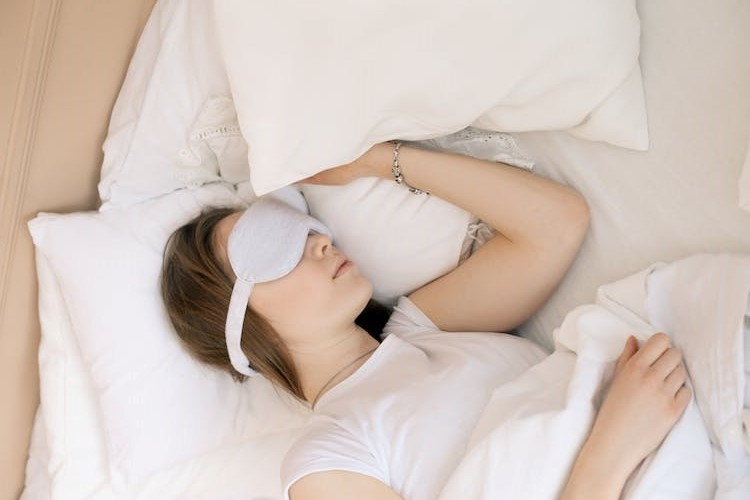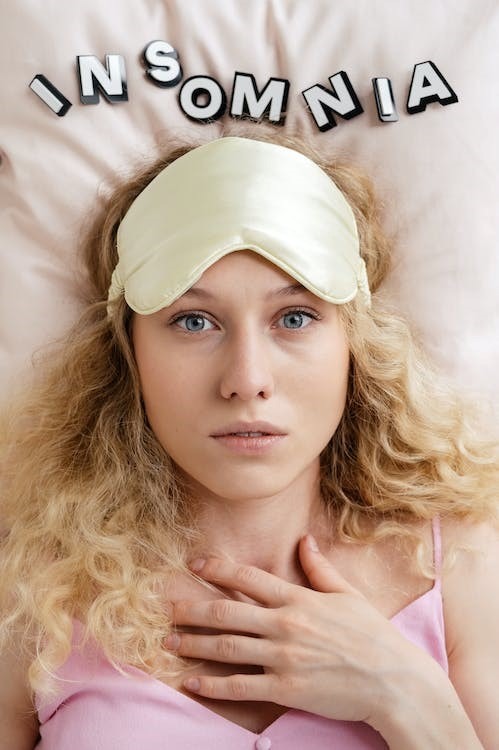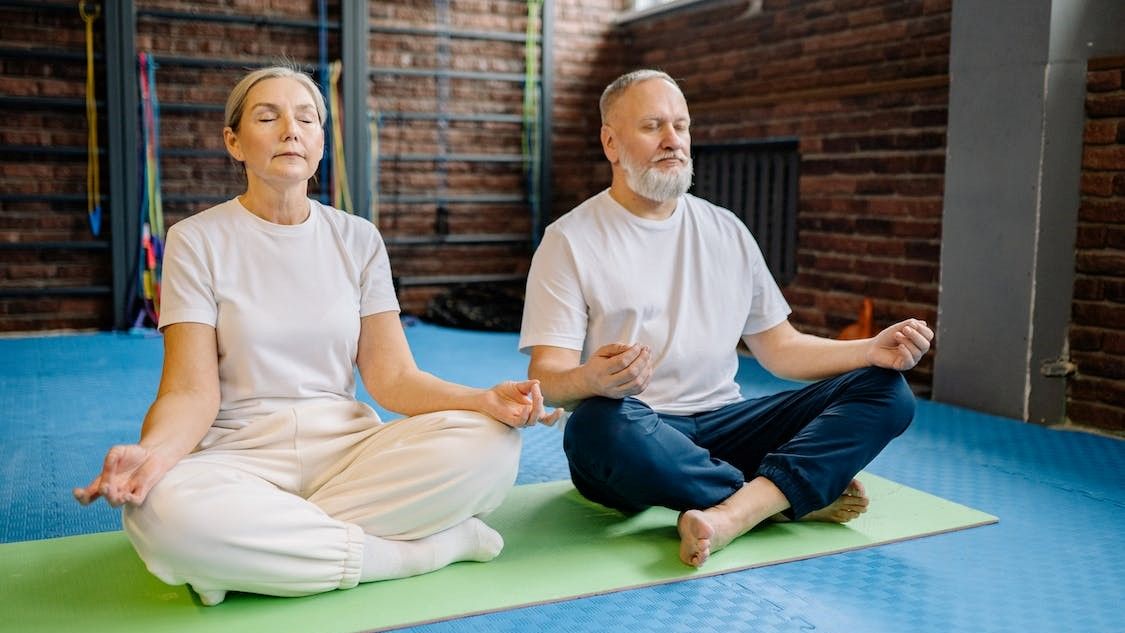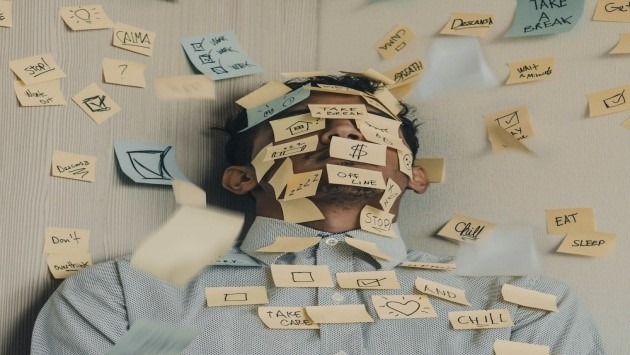
A Comprehensive Guide to Sleep Treatments
Introduction
Sleep is an essential aspect of our daily lives, contributing to our overall health and well-being. Unfortunately, many people experience sleep problems at some point in their lives, ranging from occasional insomnia to chronic sleep disorders. Often they get a sleep study near me to determine their sleep issues and a treatment protocol is put in place by a sleep doctor.
In this comprehensive and detailed guide, we will explore a variety of sleep treatments and strategies to enhance the quality of your sleep.
Understanding Sleep Disorders
Before delving into sleep treatments, it's crucial to understand common sleep disorders. These disorders can disrupt your sleep patterns and lead to various health issues:
1. Insomnia
Definition:
Insomnia is marked by difficulty initiating sleep, maintaining it, or both. It often results in insufficient sleep duration and poor sleep quality.

Treatment:
Treatment options for insomnia include cognitive-behavioral therapy (CBT), medications (such as prescription sleep aids), and lifestyle modifications.
2. Sleep Apnea
Definition:
Sleep apnea entails interrupted breathing during sleep, resulting in frequent awakenings. It can be obstructive (due to airway blockage) or central (linked to brain function).
Treatment:
Continuous Positive Airway Pressure (CPAP) therapy, lifestyle changes, surgery (for severe cases), and positional therapy can help manage sleep apnea. Tips include maintaining a consistent sleep schedule, keeping your sleep environment dark and cool with a mattress cooler and other bedding materials, and avoiding electronic devices before bedtime.
3. Restless Legs Syndrome
Definition:
Restless Leg Syndrome entails an uncontrollable desire to move the legs, frequently accompanied by discomfort. This inclination tends to intensify during nighttime hours, potentially resulting in disturbances to sleep.
Treatment:
Lifestyle changes, medications, and therapies like iron supplements can alleviate RLS symptoms.
4. Narcolepsy
Definition:
Narcolepsy, a neurological disorder, leads to significant daytime sleepiness and sudden sleep episodes, profoundly affecting daily functioning.
Treatment:
Medications, lifestyle adjustments, and scheduled naps are often part of narcolepsy management.
Non-Pharmacological Sleep Treatments
1. Cognitive-behavioral therapy (CBT-I)
CBT-I, recognized for its effectiveness, concentrates on identifying and mitigating the root causes of insomnia. It involves techniques like sleep restriction, stimulus control, and relaxation training to improve sleep patterns without relying on medication.
2. Sleep Hygiene
Sleep hygiene entails setting up a sleep-friendly environment and developing healthy bedtime habits. Tips include maintaining a consistent sleep schedule, keeping your sleep environment dark and cool, and avoiding electronic devices before bedtime
3. Relaxation Techniques
Methods like progressive muscle relaxation, deep breathing exercises, and meditation can help calm the mind and reduce stress, making it easier to fall asleep.

4. Light Therapy
Light therapy benefits those with circadian rhythm disorders or Seasonal Affective Disorder (SAD) by regulating sleep-wake cycles through scheduled exposure to specific light types.
Pharmacological Sleep Treatments
Pharmacological treatments for sleep disorders should be considered only after non-pharmacological methods have been explored and under the guidance of a healthcare professional. Common medications include:
1. Sedative-Hypnotics
These medications, including benzodiazepines and non-benzodiazepines (e.g., Zolpidem, Eszopiclone), are prescribed to help individuals fall asleep and stay asleep.
2. Melatonin
Melatonin supplements are often used to regulate sleep-wake cycles, especially for people with circadian rhythm disorders or jet lag. They are available over the counter. Nonetheless, they can have side effects and may lead to habituation.
3. Antidepressants
Some antidepressants, like trazodone and amitriptyline, are prescribed off-label for insomnia treatment. They can be particularly useful when depression or anxiety contributes to sleep problems.

Alternative Therapies
Several alternative therapies may complement traditional sleep treatments or serve as primary options for some individuals:
1. Acupuncture
Acupuncture entails inserting fine needles into specific body points to induce relaxation and enhance sleep quality.
2. Herbal Supplements
Certain herbs like valerian root, chamomile, and lavender are known for their sleep-promoting properties and are available in various forms, such as teas or supplements.

3. Yoga and Tai Chi
Regular practice of yoga or Tai Chi can help reduce stress and anxiety, improve relaxation, and indirectly enhance sleep quality.
Lifestyle Modifications
In addition to specific treatments, making positive lifestyle changes can significantly impact sleep quality:
1. Nutrition and Dietary Choices
Steer clear of caffeine, alcohol, and heavy meals near bedtime, as they can disrupt sleep. Opt for lighter snacks if necessary.
2. Physical Activity
Frequent exercise can enhance sleep but aim to conclude intense workouts several hours before bedtime to prevent excessive stimulation.
3. Stress Management
Stress and anxiety are common culprits of sleep problems. Engage in stress-reduction activities like mindfulness meditation or journaling.

4. Reduce Screen Time
The glow from screens can disrupt sleep patterns. Boost sleep quality by shutting off screens an hour before bedtime.
Conclusion
Sleep disorders can have a substantial impact on your physical and mental health. Treatment options encompass non-pharmacological methods like CBT-I and lifestyle adjustments, in addition to medications and therapies. For ongoing sleep concerns, collaborating with a healthcare specialist to pinpoint underlying factors and design a tailored treatment plan is vital. Prioritizing regular, restful sleep can lead to a significant improvement in your overall quality of life, both physically and mentally. By addressing sleep disorders, you take a proactive step towards a healthier life.

Comments (0)